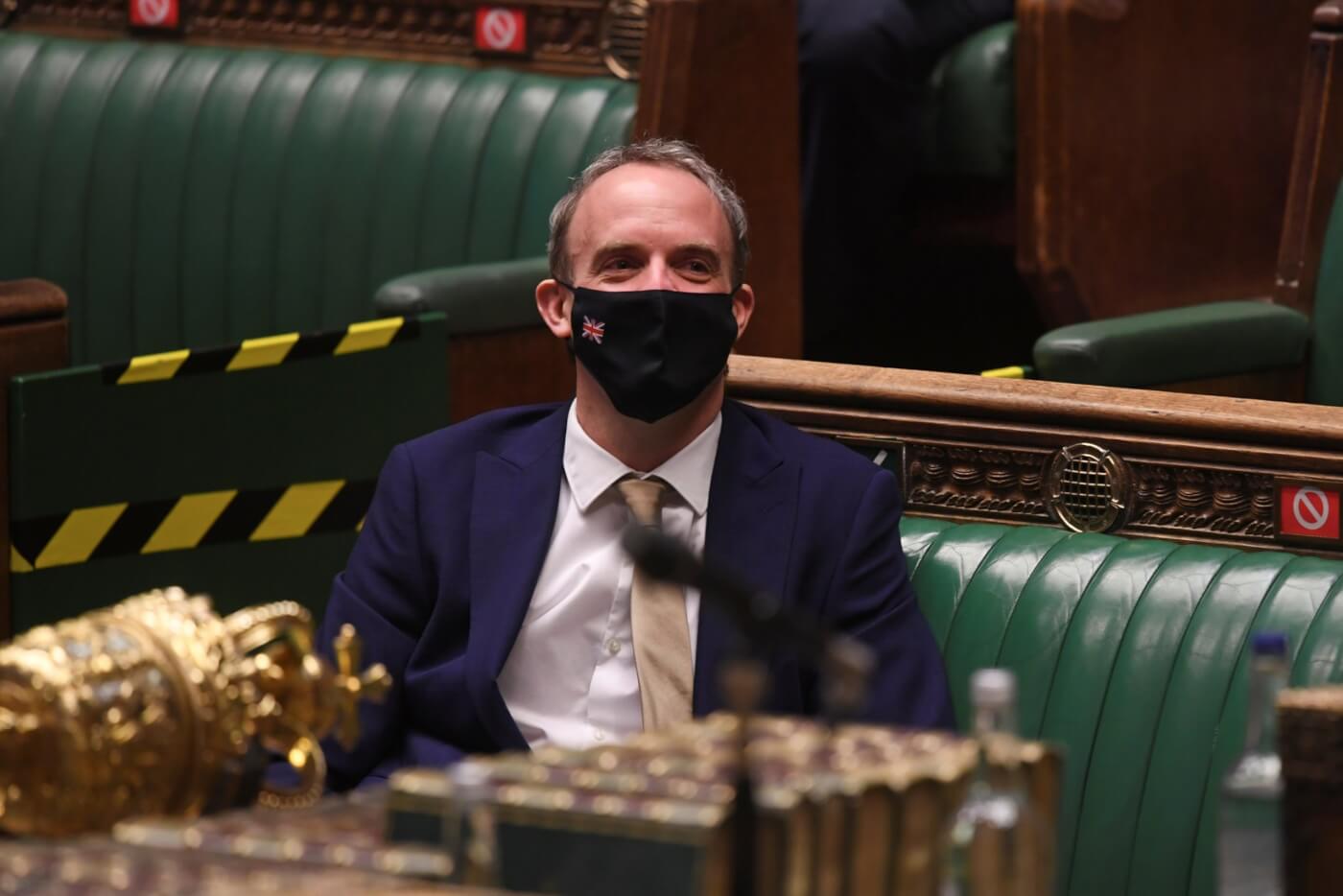The UK, along with its international partners, has announced the imposition of Magnitsky sanctions against senior Chinese officials over human rights abuses in Xinjiang, the Northwestern province of China.
As part of a coordinated effort to hold China accountable for egregious violations against its Uyghur minority, the sanctions are the first of their kind introduced by the UK or European Union (EU) since the 1989 Tiananmen Square crackdown.
In a speech to the House of Commons (22 March), Dominic Raab announced the measures and called the persecution of Xinjiang’s Uyghurs “one of the worst human rights crises of our time”.
“we are sending the clearest message to the Chinese Government that the international community will not turn a blind eye to such serious and systematic violations of basic human rights”
The sanctions will be imposed immediately and specifically blacklist four individuals – Zhu Hailun, Wang Junzheng, Wang Mingshan and Chen Mingguo – implicated in Xinjiang rights incursions, including travel bans and asset freezes. The Xinjiang Production and Construction Corps Public Security Bureau, an entity responsible for the management of Uyghur detention centres, was also targeted.
The sanctions are a continuation of UK action in response to human rights violations in the region, with the foreign office introducing a set of business measures aimed at curbing complicity in China’s rights transgressions in January of this year.
US Secretary of State Antony Blinken called on China to release “all those arbitrarily held in internment camps and detention facilities”, adding that that:
“Amid growing international condemnation, [China] continues to commit genocide and crimes against humanity in Xinjiang”
Immediately following the announcement of the sanctions, the PRC revealed a set of countermeasures targeting 10 individuals and 4 entities. Outspoken Dutch, Belgian and Lithuanian MEPs, two European academics known for their work on Xinjiang and a prominent German think tank, the Mercator Institute for China Studies, were among those sanctioned.
A spokesperson for the Chinese Ministry of Foreign Affairs said that:
“The Chinese side urges the EU side to reflect on itself, face squarely the severity of its mistake, and redress it. It must stop lecturing others on human rights and interfering in their internal affairs. It must end the hypocritical practice of double standards.”
In recent years, incursions on the rights of China’s Uyghurs have been increasing in frequency, with internment camps, mass surveillance, systemic torture, forced sterilisation and forced labour prevalent in the Xinjiang region.
The first independent expert application of the 1948 Genocide Convention to the ongoing treatment of the Uyghurs in China”, published in March 2021, found that the Chinese government violated every single provision of the 1948 UN Genocide Convention. The report documents “clear and convincing” evidence that the CCP:
“bears state responsibility for an ongoing genocide against the Uyghur in breach of the Genocide Convention.”
Despite this, only 3 states – the US, Canada and the Netherlands – have officially recognised the Chinese government’s actions as such.

